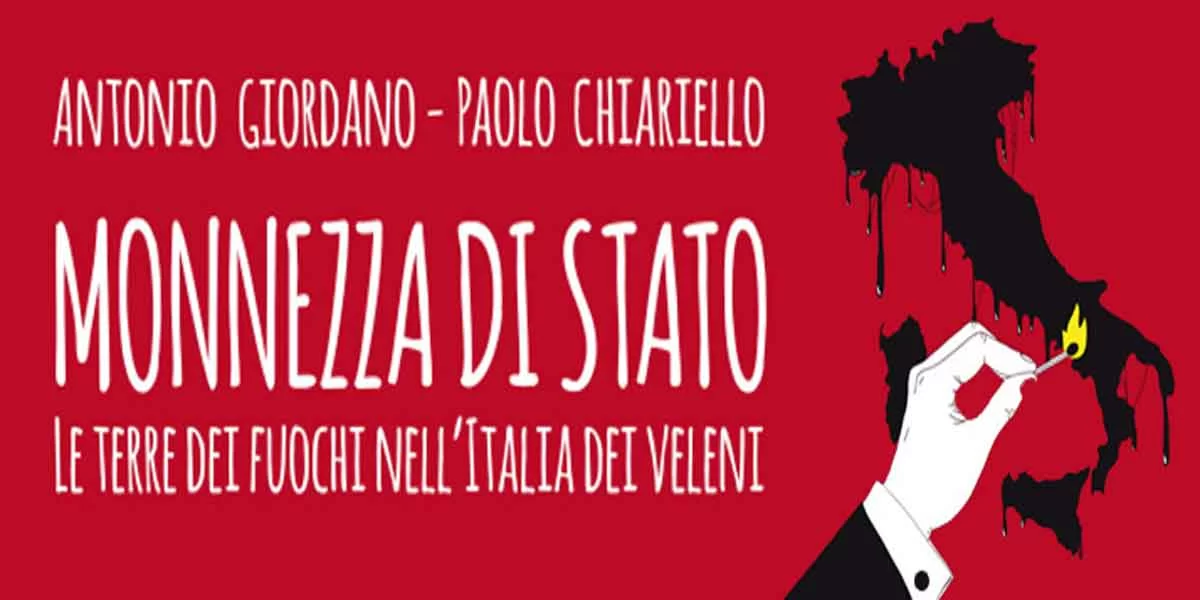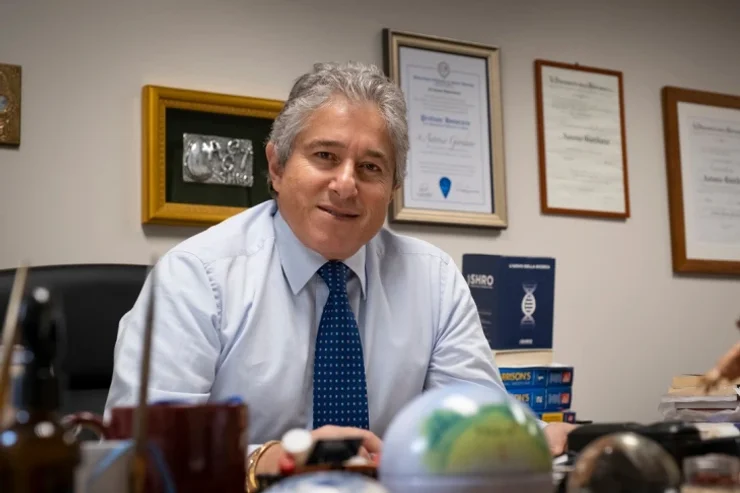NONO Molecules Block Immune System Defenses Against Breast Cancer. So Researchers Switched It Off
17 Sep , 2025

Newswise — A new study carried out by the Senology Department at Italy’s National Cancer Institute Pascale Foundation, in collaboration with the Sbarro Institute for Cancer Research and Molecular Medicine in Philadelphia, has identified a potential new target for treating triple-negative breast cancer, one of the most aggressive forms of breast cancer, which still has very few therapeutic options available.
Published in the International Journal of Molecular Sciences, the paper “NONO Protein Regulates the Immune Response in Human Triple-Negative Breast Cancer Cells,” explains how a protein called NONO plays a crucial role in regulating the body’s innate immunity, the natural first line of defense against disease. The study also found that this protein is produced in unusually high amounts in triple-negative breast cancer cells.
The researchers observed that reduction of NONO levels, either with special gene-silencing techniques such as siRNA or with a chemical inhibitor, triggers an immune response, opening the way to possible new treatment strategies. This method of switching off NONO can thereby “wake up” the body’s natural defenses against a tumor.
The study was coordinated by Michelino De Laurentiis, Director of the Department of Senology and Thoracic Oncology at Pacale, with the support of researchers Luigi Alfano and Carmelina Iannuzzi from Crom in Mercogliano. Joining the project also is long-time international collaborator, Professor Antonio Giordano, M.D., Ph.D., Founder and Director of the Sbarro Health Research Organization (SHRO) and Professor at Temple University, where he also leads the Sbarro Institute, and with whom De Laurentiis’s team has been carrying out joint research on breast cancer for years. According to the researchers, this discovery opens the door to future therapeutic strategies in which NONO inhibitors could be combined with immune checkpoint modulators, a class of drugs already successful against other types of cancer.
“This is still a preliminary result,” explains Michelino De Laurentiis, “but it points to a promising direction in tackling a difficult disease like triple-negative breast cancer, where the need for new therapies is very high.”
This study adds to the many others launched at Pascale and, as highlighted by the new director of the Neapolitan IRCCS, Maurizio di Mauro, “confirms the high level of Pascale’s research within the global oncology community and demonstrates the incremental value of our research and the quality of care that the Institute is able to provide.”




